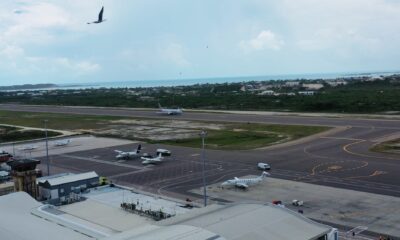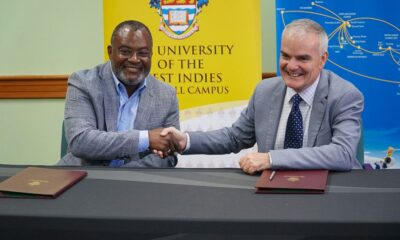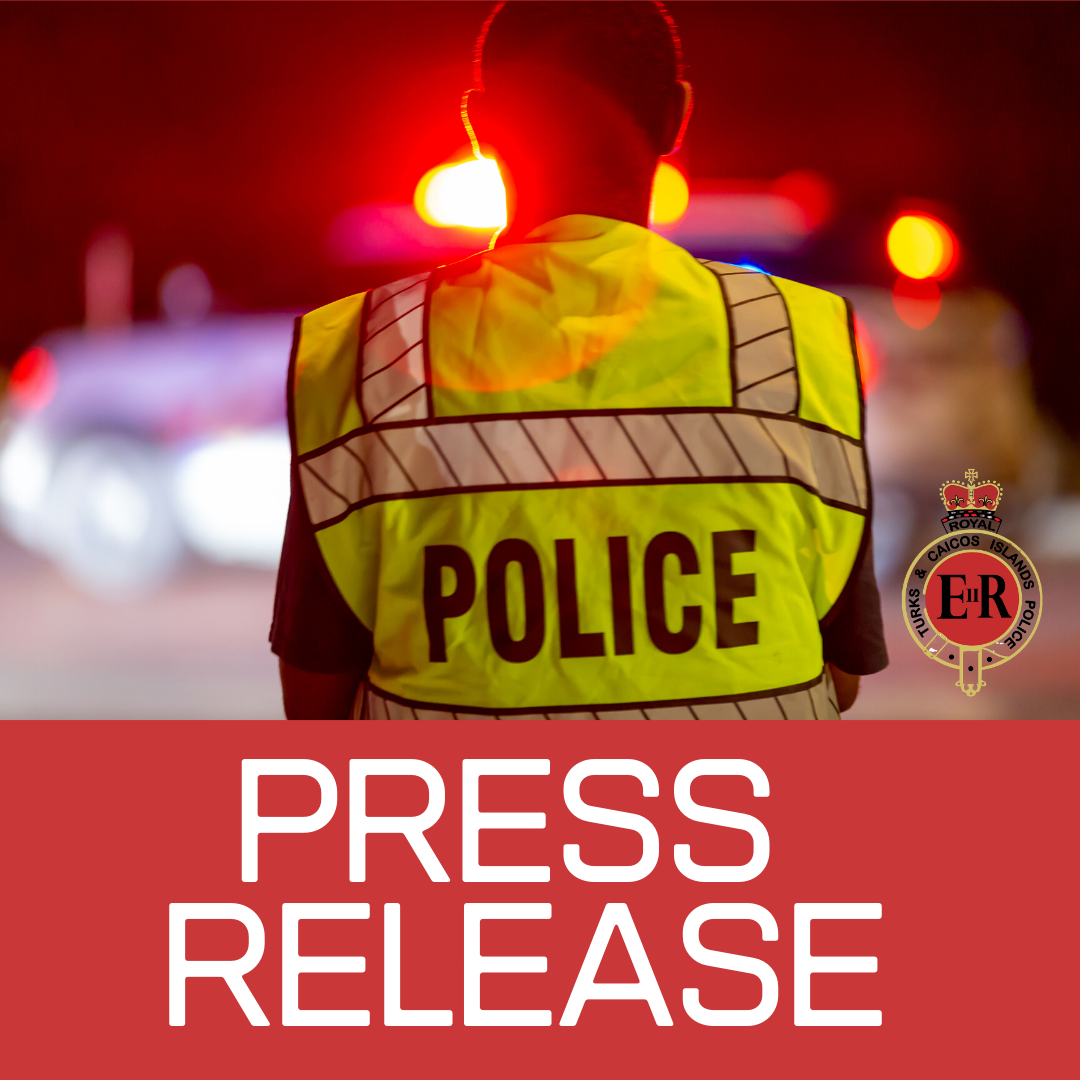By Deandrea Hamilton & Dana Malcolm
Editorial Team
#TurksandCaicos, September 18, 2022 – The Acting governor and Education Minister during a press conference on Saturday September 18 announced: government offices and Public schools will remain closed until the all clear is given.
It was also announced that civil servants could look for their paycheques ‘soon’ as the TCIG has now promised they will be released early and ATMs will be well stocked for the inevitable rush.
All private businesses are requested to give their staff the appropriate time to prepare themselves for the storm including closing businesses where necessary; there has been a meeting with the hotel and tourism sector related to this and other protocols.
including closing businesses where necessary; there has been a meeting with the hotel and tourism sector related to this and other protocols.
As tropical storm Fiona approaches the Turks and Caicos one hurricane shelter on each island will open. The shelters are as follows:
In Salt Cay: Clubhouse shelter in south district
In Grand Turk: Eliza Simmons Primary School
In South Caicos: The Community Centre on Sarah Hill
In North Caicos: Kew Community Centre
In Middle Caicos: Mount Moriah Baptist Church
In Providenciales: Gustavus Lightbourne Sports Complex
Shelters open at noon on Monday and one needs to move to a shelter, officials advise you make up your mind early.
People in flood prone areas should enter the shelters prior to the storm’s arrival and not attempt to drive once Fiona has arrived. Take at least 3 to 7 days of food and any necessary medication and download that new DDME app.
Alcohol, pets, smoking, and offensive language are not allowed in any shelters. To keep your pets safe make arrangements with a local vet.
The airport will be closed on Monday, not due to the public holiday and State Funeral of Queen Elizabeth but due to the approaching storm – Fiona, which is expected to pack severe enough winds that it warrants a suspension of flights.
Godfrey Smith, CEO of the TCIAA said this will likely lead to an increase in exiting travellers on Sunday therefore the Airports Authority was preparing for around 500 passengers – a low number but remember it is the slow tourism season. The TCIAA also braced for additional flights to accommodate and early exit of guests who may not want to ride out the hurricane in TCI.
On Monday: there will be no American Airlines or JetBlue flights. But there is a Delta flight to Atlanta, scheduled for a 9am departure; Caicos Express airways will run its flights to GrandTurk and PLS at 7:30am and 8:15am; InterCaribbean Airways will run two departures from the PLS, both to Kingston, Jamaica at 8:30am and 8:45am.
Extra flights put on for September 18 were American Airlines to Miami, stopping into SCU and departing PLS at 6pm; JetBlue Airlines into JFK departing at 5:35pm and an interCaribbean Airways flights, to Kingston leaving at 7pm on Sunday (today).
Grand Turk Cruise Center only opens when ships call.
If the weather is not favourable for berthing, then they will be diverted and the port will not open. Akierra Misick, Minister of Physical Planning and infrastructure Development during that press conference confirmed the Cruise Center has its own protocol in the event of a storm adding that with some time left before Fiona makes her entrance into TCI territory, it is left to the cruise line to determine what happens at the cruise center in Grand Turk. 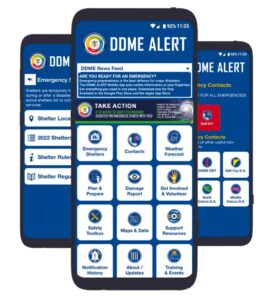
The roster for the Grand Turk Cruise Center at its website however shows there are no cruises scheduled to dock on Monday in the capital.
As for the weather effect of Fiona, Director of the Met said: “TS fiona is expected to strengthen into a hurricane by today, Sunday before passing over or near the TCI on Tuesday.”
In a best case scenario the storm passes to the east, worst case scenario it passes directly over the TCI according to Dr. Holly Hamilton .
“This is dependent on how early the storm makes its northward turn. Marine conditions will begin to deteriorate by Sunday, tropical storm conditions will begin to affect the islands by late Monday and may last through to Wednesday, major flooding has already been recorded in the Leeward islands .
Between 4 to 6 inches of rain are expected for the Turks and Caicos islands.”
A second NEOC press conference was announced for 6pm Sunday September 18.
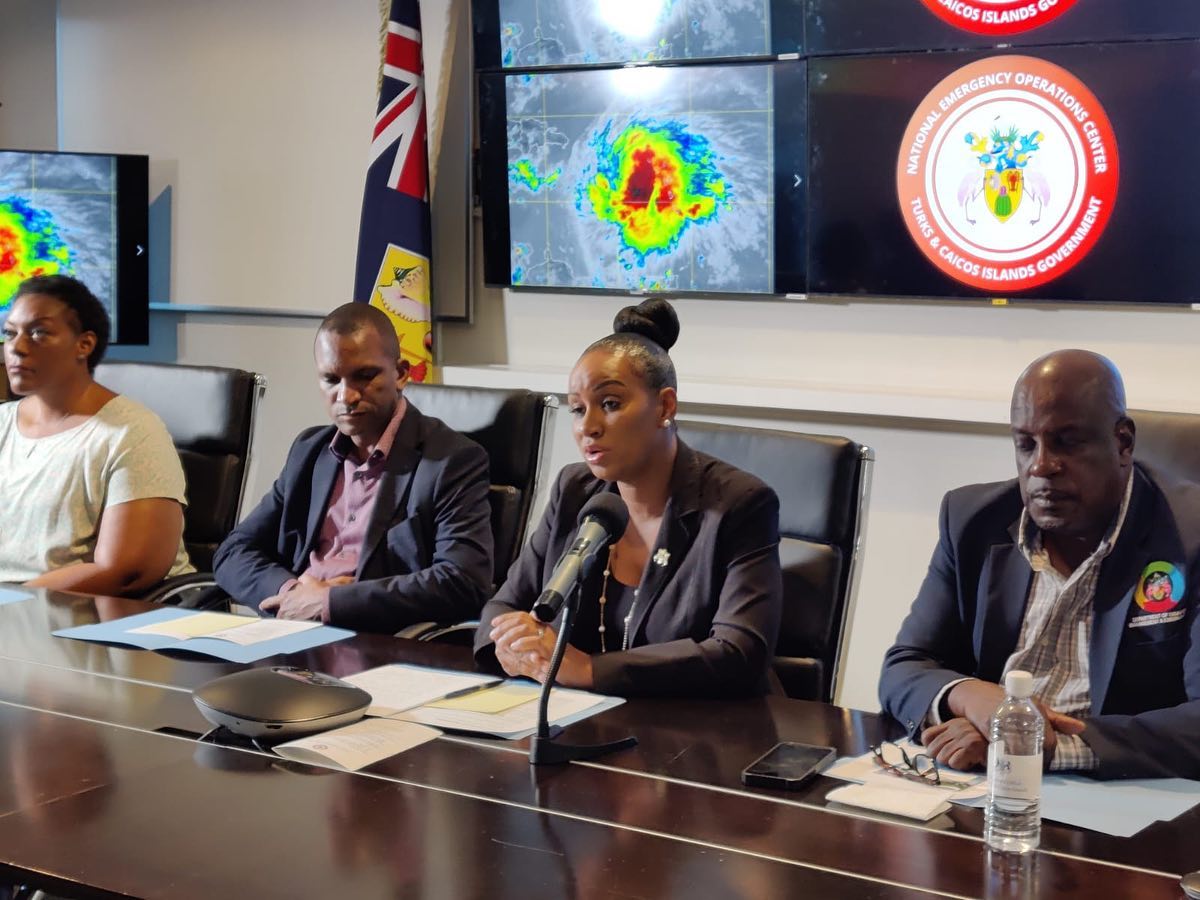

 Caribbean News1 week ago
Caribbean News1 week ago
 Caribbean News7 days ago
Caribbean News7 days ago
 Caribbean News1 week ago
Caribbean News1 week ago
 Caribbean News1 week ago
Caribbean News1 week ago
 Bahamas News7 days ago
Bahamas News7 days ago
 News7 days ago
News7 days ago
 Bahamas News1 week ago
Bahamas News1 week ago
 News7 days ago
News7 days ago






